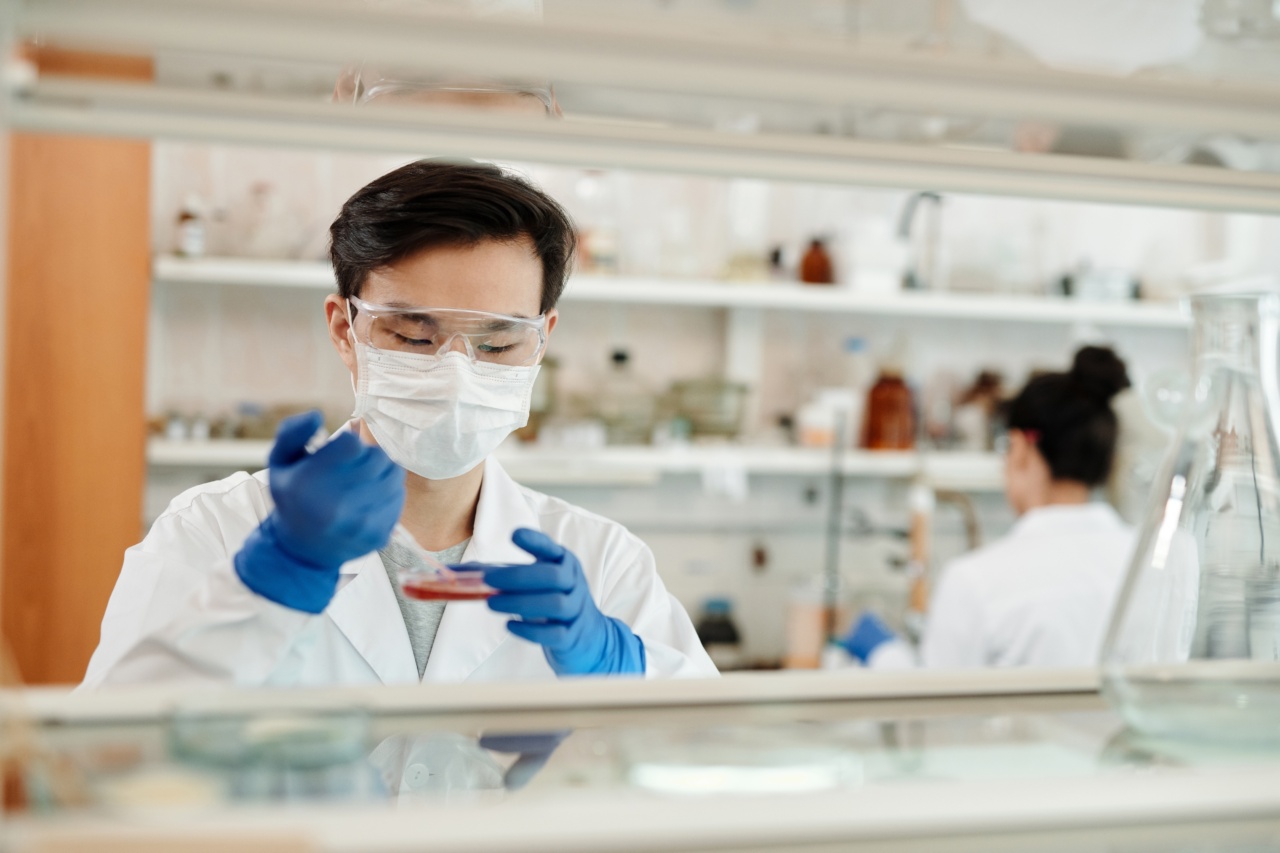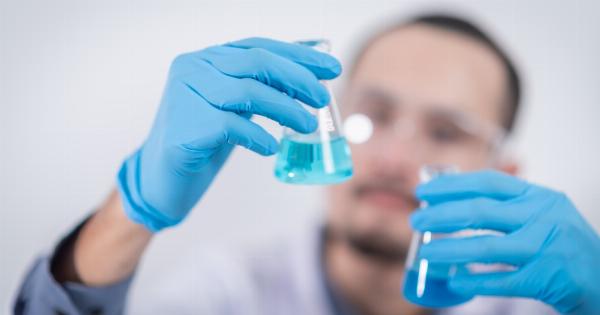In a groundbreaking development, a second researcher has expressed their intention to genetically modify embryos. This news comes months after the first researcher made headlines with their controversial experiments. The second researcher, Dr.
Samantha Johnson, is a renowned geneticist known for her groundbreaking work in the field of gene editing. Dr. Johnson’s decision to pursue this controversial avenue has sparked widespread debate among scientists, ethicists, and the general public.
The Potential of Genetic Modification
Genetic modification has long been a topic of intrigue and controversy. The ability to manipulate an organism’s DNA opens up endless possibilities for scientific advancements.
By altering the genetic blueprint of an embryo, it is theoretically possible to eradicate genetic diseases, enhance desirable traits, and even create a generation of “designer babies.” Proponents argue that genetic modification could pave the way for a brighter future, where debilitating diseases are a thing of the past, and individuals possess enhanced cognitive abilities and physical attributes.
The Ethics of Genetic Modification
With great power comes great responsibility, as the old adage goes. While the potential benefits of genetic modification are undoubtedly enticing, the ethical implications cannot be ignored.
Critics argue that altering the natural genetic makeup of human beings raises a host of ethical concerns, including questions of consent, equality, and the creation of a genetic divide between the haves and have-nots. The fear of unintended consequences, such as unforeseen genetic mutations or unintended side effects, also looms large in the debate.
A Lesson from the Past: The CRISPR-Cas9 Controversy
The recent history of genetic editing is marred by controversy and cautionary tales. The discovery of CRISPR-Cas9, a revolutionary gene-editing tool, sparked a frenzy of excitement within the scientific community.
However, this enthusiasm soon turned to alarm when it was revealed that a researcher had edited the genes of twin girls in an attempt to confer resistance to HIV. The ethical breaches and lack of transparency surrounding the experiment led to widespread condemnation and renewed calls for strict regulations.
The Case for Regulation
Given the high-stakes nature of genetic modification, it is imperative that clear regulations and guidelines are in place to govern the procedure.
Many scientists argue that a complete ban on genetic modification would stifle scientific progress and deny potential benefits to future generations. Instead, they advocate for a well-regulated framework that ensures transparency, informed consent, and rigorous safety measures.
Striking the right balance between scientific advancement and ethical considerations has never been more crucial than in the field of genetic modification.
Public Opinion and Policymaking
Public opinion plays a crucial role in shaping policies and regulations surrounding controversial scientific practices.
The news of a second researcher aiming to genetically modify embryos has reignited the public debate, with opinions ranging from staunch opposition to cautious optimism. Policymakers face the challenge of striking a delicate balance between public sentiment, scientific progress, and ethical standards.
Open dialogues, public consultations, and widespread education are essential components if the policymaking process is to reflect the diverse perspectives of the society it serves.
Unintended Consequences: The Potential Risks
While the potential benefits of genetic modification are tantalizing, it is crucial not to overlook the potential risks and unintended consequences.
Manipulating the genetic code of embryos is a delicate endeavor, and even the most experienced scientists cannot predict all possible outcomes. The fear of unforeseen mutations, long-term health effects, and unintended genetic alterations weighs heavily on the minds of both critics and cautious supporters.
Comprehensive research, rigorous testing, and ongoing monitoring are imperative to mitigate potential risks and ensure the safety of future generations.
The Importance of International Collaboration
Genetic modification is a global issue that transcends borders and jurisdictions. Given the complexity and magnitude of the topic, international collaboration is vital.
Scientists, policymakers, and ethical experts from around the world must come together to develop a unified approach to genetic modification. Sharing knowledge, conducting joint research, and fostering international dialogue are crucial steps towards developing a comprehensive and globally accepted framework that respects ethical boundaries and ensures safeguards against misuse.
Looking Ahead: Balancing Progress and Ethics
The decision of the second researcher to pursue genetic modification of embryos has rekindled the debate surrounding this contentious field.
As society stands at the precipice of unprecedented scientific advancements, striking a delicate balance between progress and ethics is paramount. Robust regulations, thorough research, and ongoing dialogue are essential to navigate the complexities of genetic modification responsibly.
Only through a collective effort can we realize the potential benefits of genetic modification while avoiding the pitfalls and preserving our ethical and moral compass.




























